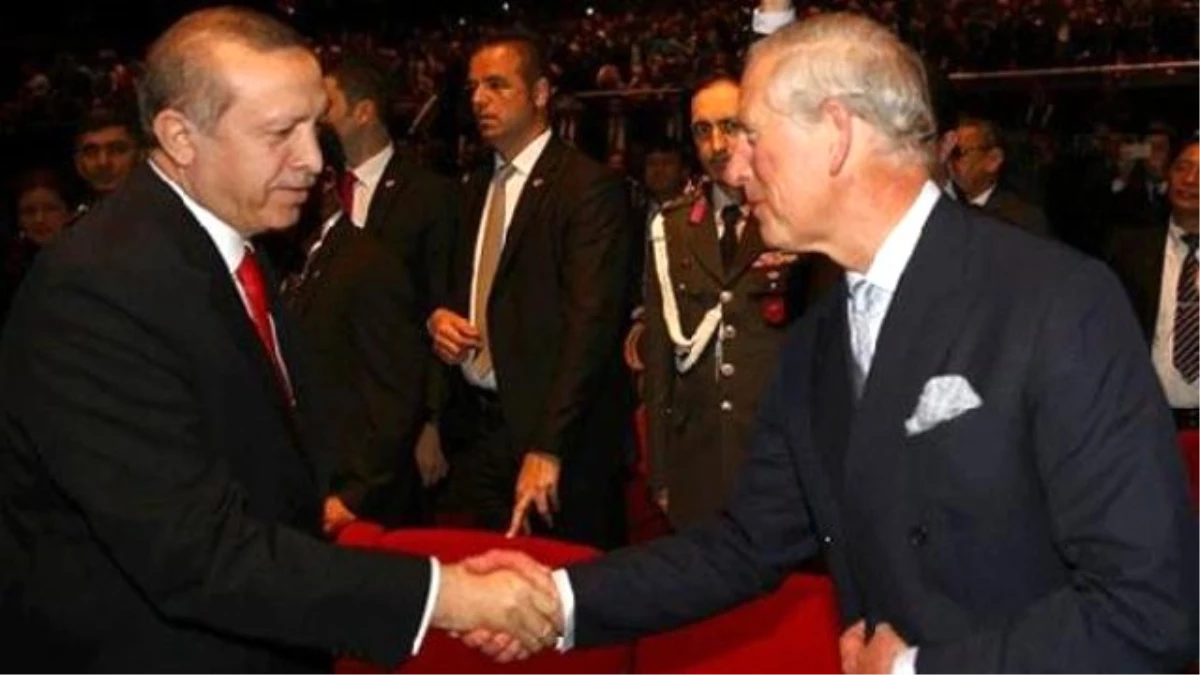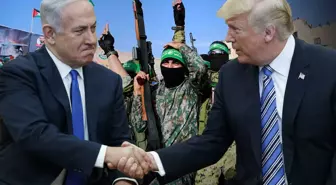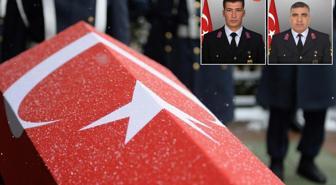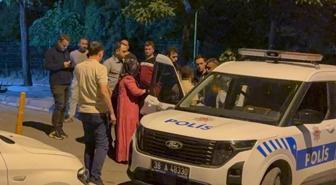Turkey, World Leaders Remember Gallipoli Battle Centenary

Turkey on April 24 hosts world leaders to commemorate the centenary of the World War I battle of Gallipoli, sending out a message of reconciliation -- and patriotic pride over one of the most dramatic Ottoman victories of the war.
Turkey on April 24 hosts world leaders to commemorate the centenary of the World War I battle of Gallipoli, sending out a message of reconciliation -- and patriotic pride over one of the most dramatic Ottoman victories of the war.
Tens of thousands lost their lives on both sides in a grinding nine month battle between the German-backed Ottoman forces and Allies including Australian, British and New Zealand troops trying to break through to take Constantinople and knock the Ottoman Empire out of the war.
Today, the fallen from both the Ottoman and Allied sides lie close together in separate cemeteries on the Gallipoli peninsula on the western edge of Turkey, in what has long been seen as a powerful symbol of reconciliation between former enemies.
In recognition of this, Turkish President Tayyip Erdoğan will host leaders of the World War I Allies, including Prime Minister Tony Abbott of Australia, New Zealand Premier John Key, as well as the heir to the British throne Prince Charles and his son Harry.
The leaders will attend ceremonies throughout April 24 at the beaches where the Allied troops launched their attacks, only to meet with fierce Ottoman resistance that lasted until the evacuation of the last Allied troops in January 1916 in what is widely regarded as a failed campaign.
On April 25, the focus will be on the dawn services to remember the Australian and New Zealand soldiers who lost their lives thousands of miles from home in a sacrifice that helped forge a national consciousness in those nations and is still remembered as Anzac Day on April 25.
"Our forebears faced terrible trials, but the worst of times brought out the very best in them. Their perseverance, selflessness, courage and compassion came to define us as a nation" Abbott said ahead of the anniversary.
Notable figures missing
However there are several notable key figures missing, including French President François Hollande and Russian President Vladimir Putin, who will be attending commemorations in Yerevan to mark 100 years since the start of mass killings of Armenians under the Ottoman Empire.
The juxtaposition of the dates has aroused heavy emotions ahead of the anniversaries, with Armenians accusing Turkey of shifting the main Gallipoli event forwards by one day from April 25 to April 24 to deliberately overshadow the Yerevan ceremonies.
The Gallipoli land campaign began on April 25 when the Allied troops launched their attacks. Armenians mark the start of the massacres on April 24 when Armenian leaders and intellectuals were rounded up in Constantinople.
Armenia says some 1.5 million Armenians were killed in a campaign of genocide by the Ottoman authorities to wipe out their people. Turkey denies that the killings, at a time when Turkish troops were fighting Russian forces, constituted genocide. It says there was no organized campaign to wipe out Armenians and no evidence of any such orders from the Ottoman authorities.
"Armenia is not on our agenda" at the Gallipoli commemorations, Erdoğan said bluntly, sniping that in Yerevan "they will talk and talk and insult Turkey."
Turkey is keenly focused on ensuring no dark historical chapters overshadow the commemorations of the Gallipoli Battle, which as in Australia and New Zealand is seen as critical in forming a modern national consciousness, according to Agence France-Presse.
The Ottoman Empire, already on its last legs, would lose the war along with its German allies, but the defeat of the Allied attack created a national pride that would then be felt in the War of Independence and then the creation of the modern Turkish state in 1923.
A key Ottoman commander at Gallipoli was a lieutenant colonel named Mustafa Kemal, later known as Atatürk, who would emerge as the founder of the Turkish Republic and who remains its national icon.
In a sign of the importance of the anniversary, the presidency this week issued a nationalist-tinged advertisement showing Ottoman troops praying ahead of the battle to the sound of Hollywood-style film music and the voice of Erdoğan declaiming a patriotic poem.
(PHOTO) - Istanbul








